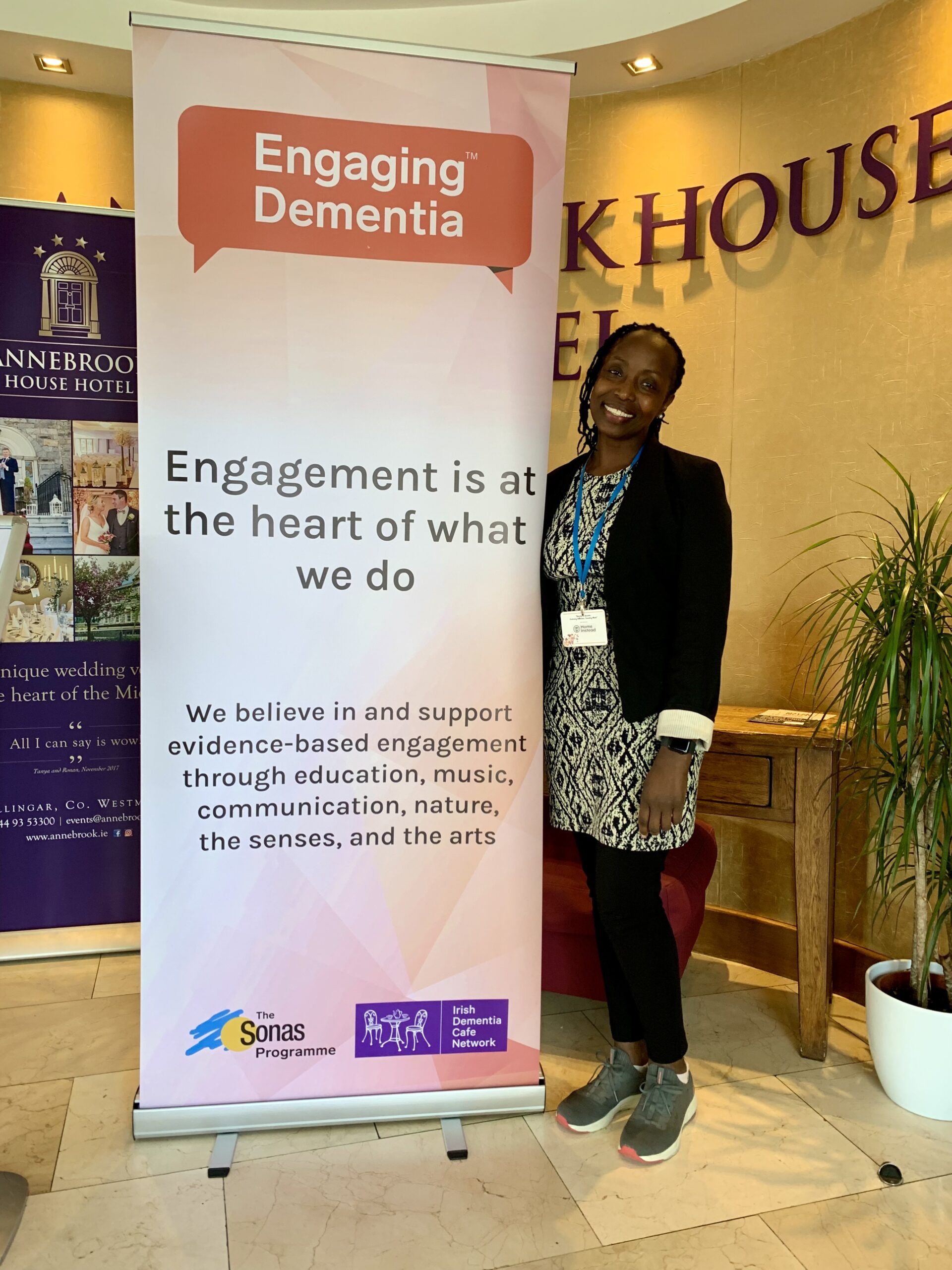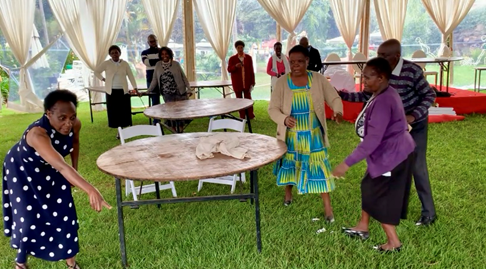Using theatre as a tool for tackling stigmatised topics: The ENGAGE project
Posted: 13 June, 2024

In their joint report “Dementia: a public health priority”, the World Health Organisation (WHO) and the Alzheimer’s Disease International have highlighted the importance of making dementia a public health priority. The report aims “to raise awareness of dementia as a public health priority, articulate a public health approach and advocate for action at international and national levels based on the principles of inclusion, integration, equity and evidence.” Collaboration of different sectors (government agencies, health care providers, dementia support and advocacy groups, NGOs, professional bodies and academic institutions) is essential to help tackle barriers to diagnosis, improve the quality of life of those affected by dementia, build the capacity of health providers (both professional and lay health workers) and develop locally appropriate awareness-raising strategies and campaigns. The need for a ‘whole systems’ approach in response to the impact of dementia is highlighted in the report.
Dr Purity Mwendwa’s ENGAGE project funded by the MSCA DOROTHY COFUND programme was born out of the need to tackle the prevalence of dementia in Kenya, where currently, little knowledge and awareness of the condition is available. This translates into limited support, social isolation and stigma for those living with dementia, which also affects their families and carers. Hosted at Trinity College Dublin and the University of Greenwich, the planning stages of the ENGAGE project entailed collaborating with local community members and developing the main research questions in consultation with people living with dementia and their caregivers. The active involvement of community members through participatory and co-creation approaches ensures that the project is informed by local experiences, which is critical to inform the development of appropriate research and awareness-raising strategies for the ENGAGE project.

In the initial phase of this MSCA DOROTHY project, Dr Purity Mwendwa formed and trained a community advisory team in rural Kenya which has been instrumental in advising on various aspects of understanding dementia. With the support of the Dementia Associates from the Salford Institute for Dementia in Manchester, the team developed messages for T-shirts and banners, along with role-playing activities, that will be used for future awareness-raising activities. Among these creative ways of tackling dementia. Purity’s research has also included using theatre as one of the most effective tools for communicating information on stigmatised topics.

In Purity’s words: I discussed the ENGAGE project with people with dementia, caregivers, advocacy and support groups, academics, researchers, NGOs and policy makers. I was also able to connect with professional artists in Kenya and the UK who are using theatre to create awareness about mental health and well-being including promoting dementia awareness. These connections are particularly important for my project, and discussions are underway to produce a theatre performance as part of the ENGAGE project.
Theatre as a way of communication is particularly relevant in the context of the ENGAGE project where dementia is not well understood or acknowledged. The process of developing a theatre performance entails an internationally unique collaboration with the community advisory team in Kenya, professional theatre artists from Kenya and Manchester, and Dementia Associates at the Salford Institute for Dementia. Having held workshops with the aim to develop ideas around the proposed theatre production, Purity and her team submitted a proposal to seek further funds which could support this initiative. Working in Kenya, the UK and Ireland, and networking with people with direct experience of dementia and other cognitive impairments, has provided the team with the opportunity to promote mutual learnings and to ensure that this work will have an international impact.